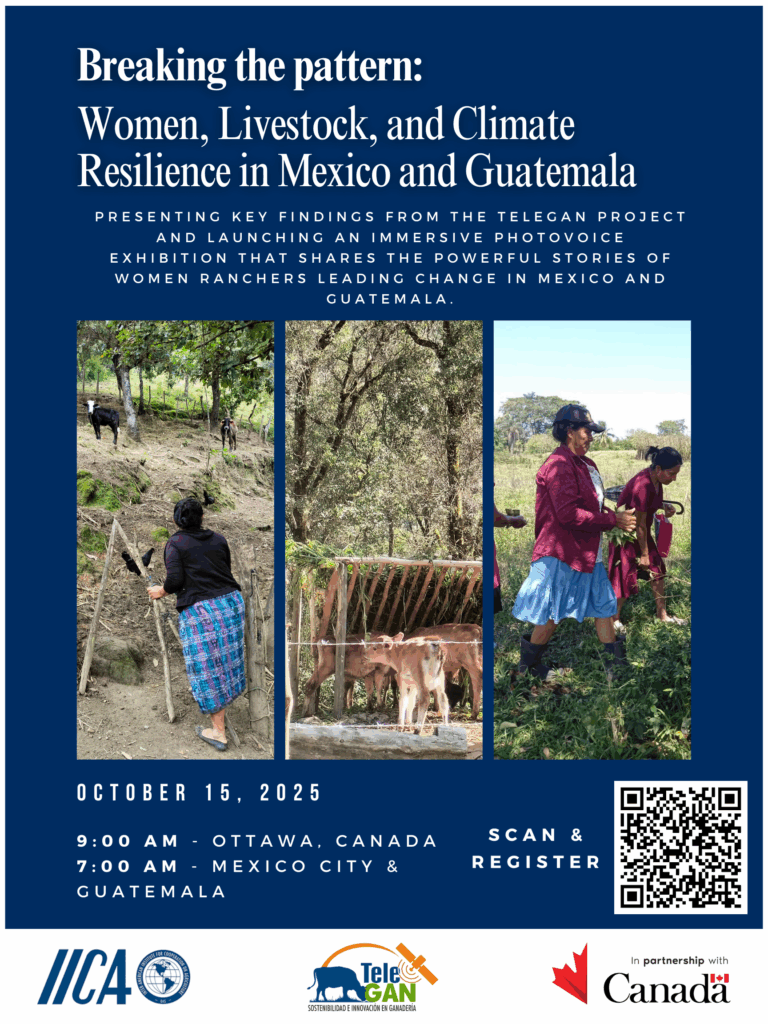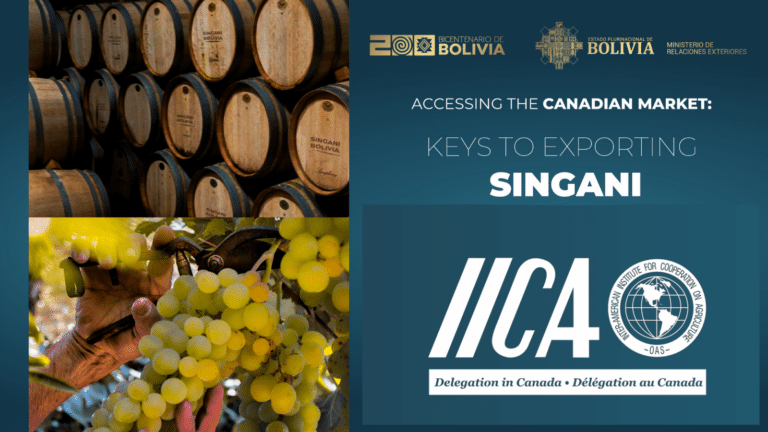One of the goals of the 2030 Agenda for Sustainable Development, which was approved in September 2015 by the United Nations General Assembly, is to protect, restore and promote sustainable use of terrestrial ecosystems, sustainably manage forests, combat desertification, halt and reverse land degradation and halt biodiversity loss. In this context, the protection and care of soil acquires greater importance, as soil is the main foundation that supports the growth of plants, many of which are a source of nutrition for living organisms.
Agriculture is a key sector, not only due to the need to increase productivity without endangering the capacity of natural systems to continue producing food, but also to ensure sustainable management of converging ecosystems in the soil. Considering that one third of the world’s land area is moderately or severely degraded, agriculture offers multiple opportunities as a production system to improve this situation, in the hope that we are able to meet the agreed target to reduce the percentage of degraded land in relation to the total surface area of the Earth by the end of 2030. Effectively transitioning from current food production systems to resilient food systems, that are capable of bolstering food and nutritional security and providing prosperity for current and future generations, calls for comprehensive approaches and consistent effort.
With this in mind, IICA is proposing to undertake an open and virtual event on 4 December, in collaboration with other organizations, in commemoration of World Soil Day. The aim is to emphasize that national and local actions must take into account best practices that ensure soil sustainability. It will appeal for reflection on the importance of proper soil management and will launch the Living Soils Initiative of the Americas. Moderated by the Director General of IICA, the expectation is that all 34 Member States of the Institute will participate.











